
Dr. Ron Darvin
Associate Professor
he / him / his
Decolonizing pedagogies and knowledges
Digital literacies
Identity
Multiliteracy and multimodality
Race and antiracism
Biography
Ron Darvin’s areas of expertise are identity, investment in language learning, and digital literacies. Drawing on critical theories of race, ethnicity, and social class, he is particularly interested in issues of power and inequality confronted by L2 speakers, racialized migrants, diasporic communities and under-resourced students. Committed to advancing decolonial, antiracist and anti-oppressive pedagogies, he examines how learners can be positioned in online and offline spaces as they negotiate unequally valued linguistic, semiotic, material, cultural and social resources. Ron is also interested in how ideologies are embedded in platform design, sociotechnical structures, and algorithms, and how critical digital literacies can empower learners to navigate online spaces in more agentive ways.
Ron has been recognized among the world’s top 2% most-cited scientists according to Stanford University’s 2023 and 2024 List based on the Elsevier Data Repository. He is best known for the model of investment in applied linguistics (Darvin & Norton, 2015), which has been used as a theoretical framework for various studies and dissertations that examine issues of identity and inequality. His article on online genres and the genre continuum (Darvin, 2023) was awarded the inaugural Best Paper Award of English for Specific Purposes.
Funded by a Hampton Grant and an Inception Grant, Ron’s current research project (2024-present), “Generative AI and its impact on the digital literacies of multilingual youth in Canada” investigates the literacy practices of secondary school students involving tools like ChatGPT, CoPilot, and Character AI. His generative AI research also examines issues surrounding low-resource and high-resource languages, platformization, and digital colonialism.
Ron serves as the Research Lead (2024-2027) for UBC Language Science’s Reimagining Public Discourse. He has conducted numerous ProD workshops on generative AI and digital literacies for K-12 teachers from the Vancouver, Burnaby, Surrey, Coquitlam, Richmond school districts, and from other parts of BC and the world. He has been interviewed by CBC News, Global News, CTV National, and Vancouver Sun on issues surrounding the use of technology for learning.
SUPERVISION
Ron Darvin is currently available to supervise PhD and MA students.
TEACHING
LLED 559 – Digital Media Literacies
LLED 521 – Critical Intercultural Studies in Language Education
LLED 572 – Theory and Research in Teaching English as a Second Language
EDITORSHIP
Ron currently serves as a Guest Editor for several Special Issues of peer-reviewed journals:
- Critical digital literacies: Language, technology, and power. System. (ongoing, with C. Hafner)
- Digital literacy and language teaching in the age of artificial intelligence: Questions, concepts, practices. Language Teaching Research. (ongoing, with C. Weninger)
- Texts and countertexts: Dismantling dominating discourses through decolonizing and antiracist pedagogies. Language Awareness (ongoing, with K. Accurso)
INVITED LECTURES / PRESENTATIONS
Negotiating identity, capital, and ideology: Investment language learning, and the right to speak [Invited lecture]. February 2025. Georgetown University. Washington DC, USA.
Generative AI, digital literacies, and language learning online: Critical perspectives. [Plenary address] October 2024. Technology for Second Language Learning Conference. Iowa, USA.
Generative AI and digital literacies: Affordances and constraints for language learning. [Invited lecture]. October 2024. University of California Berkeley. California, USA.
Identity, capital, and ideology: Investing in language learning in online and offline spaces [Invited lecture]. August 2024. Waseda University. Tokyo, Japan.
Negotiating online identities: The intersection of language, technology, and power [Invited lecture]. June 2024. University of Oslo. Oslo, Norway.
Projects
Generative AI and its impact on the digital literacies of multilingual youth in Canada (2024- present)
Funded by SPARC Bridge Funding ($7,500) and Faculty of Education Inception Grant ($6,000)
The digital literacies of immigrant youth who speak low-resource languages (2022-2024)
Funded by the Hampton Fund Research Grant ($10,000)
Language and e-learning: Investigating the digital literacies of Hong Kong youth with unequal access to resources (2021-2022).
Funded by an Early Career Scheme Grant awarded by the Research Grants Council of Hong Kong (HK$ 477,440 / $79,600)
The transnational language and literacy practices of Filipino domestic workers in Hong Kong (2022).
Funded by a Direct Research Grant awarded by the CUHK Arts and Language Panel. (HK$94,600 / $15,800)
Awards & Honours
BEST PAPER AWARD, English for Specific Purposes (Elsevier), 2024
DISSERTATION AWARD, American Association of Applied Linguistics (AAAL), 2020
EMERGING SCHOLAR AWARD, American Educational Research Association (AERA) LSP SIG, 2017
AWARD FOR DISTINGUISHED RESEARCHER (co-recipient), TESOL International Association, 2016
VANIER SCHOLAR, Government of Canada (2014-2017)
Selected Publications
Journal Articles
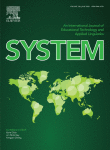

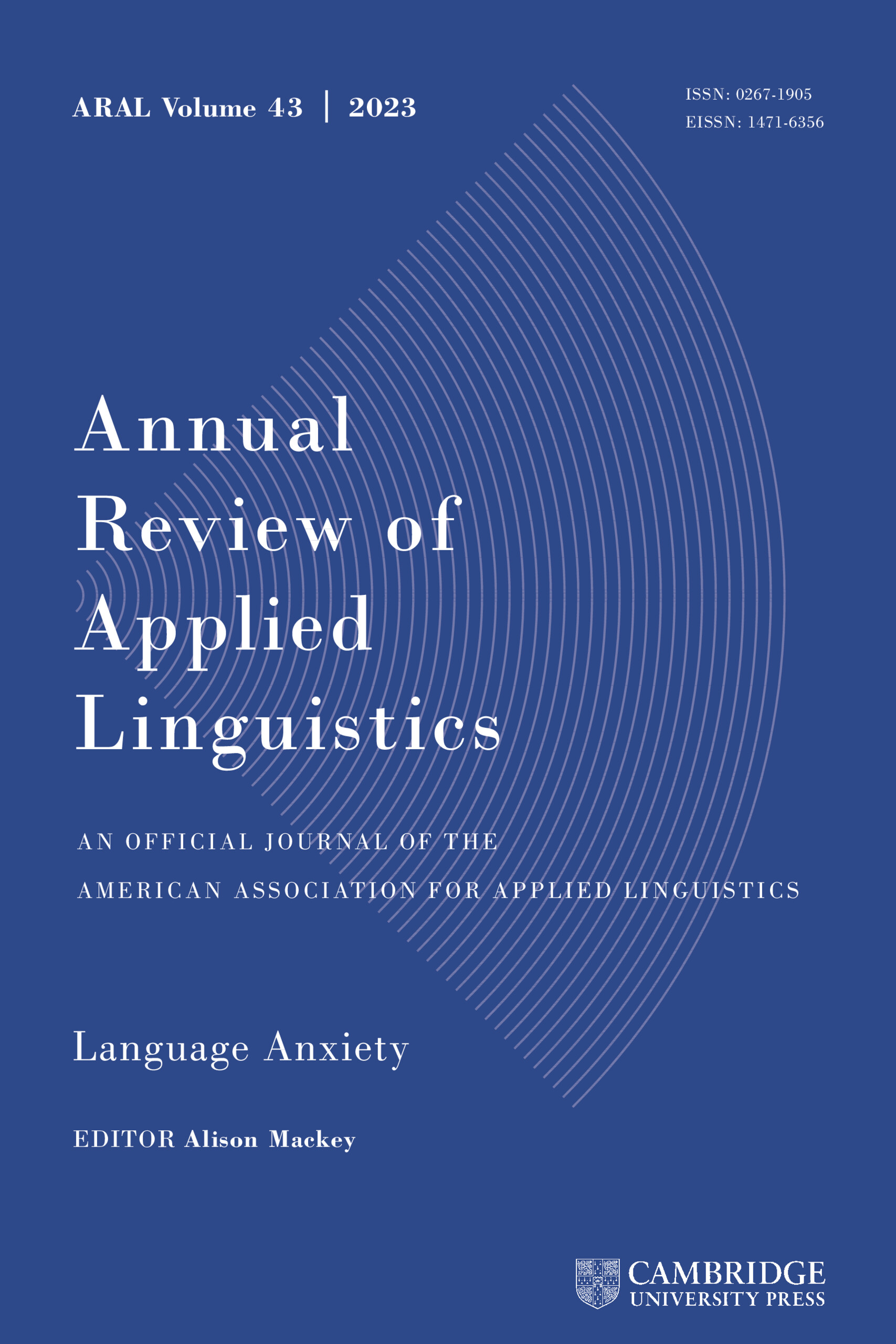
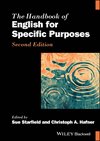

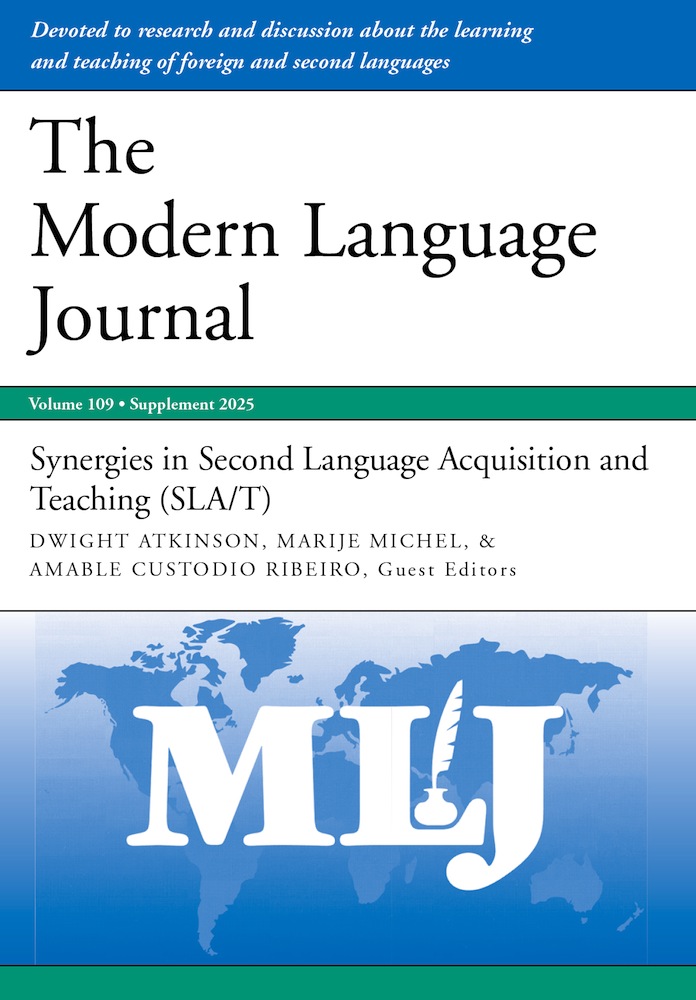
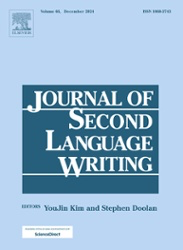
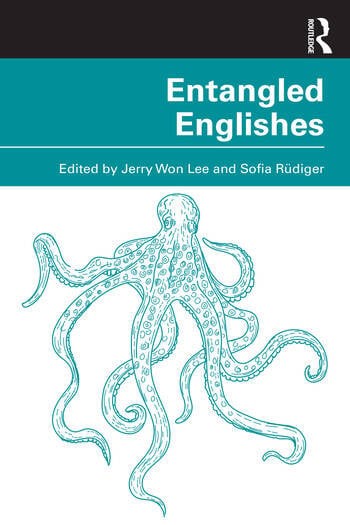
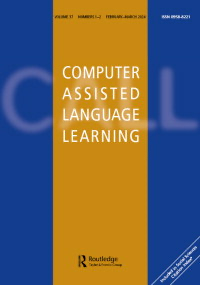

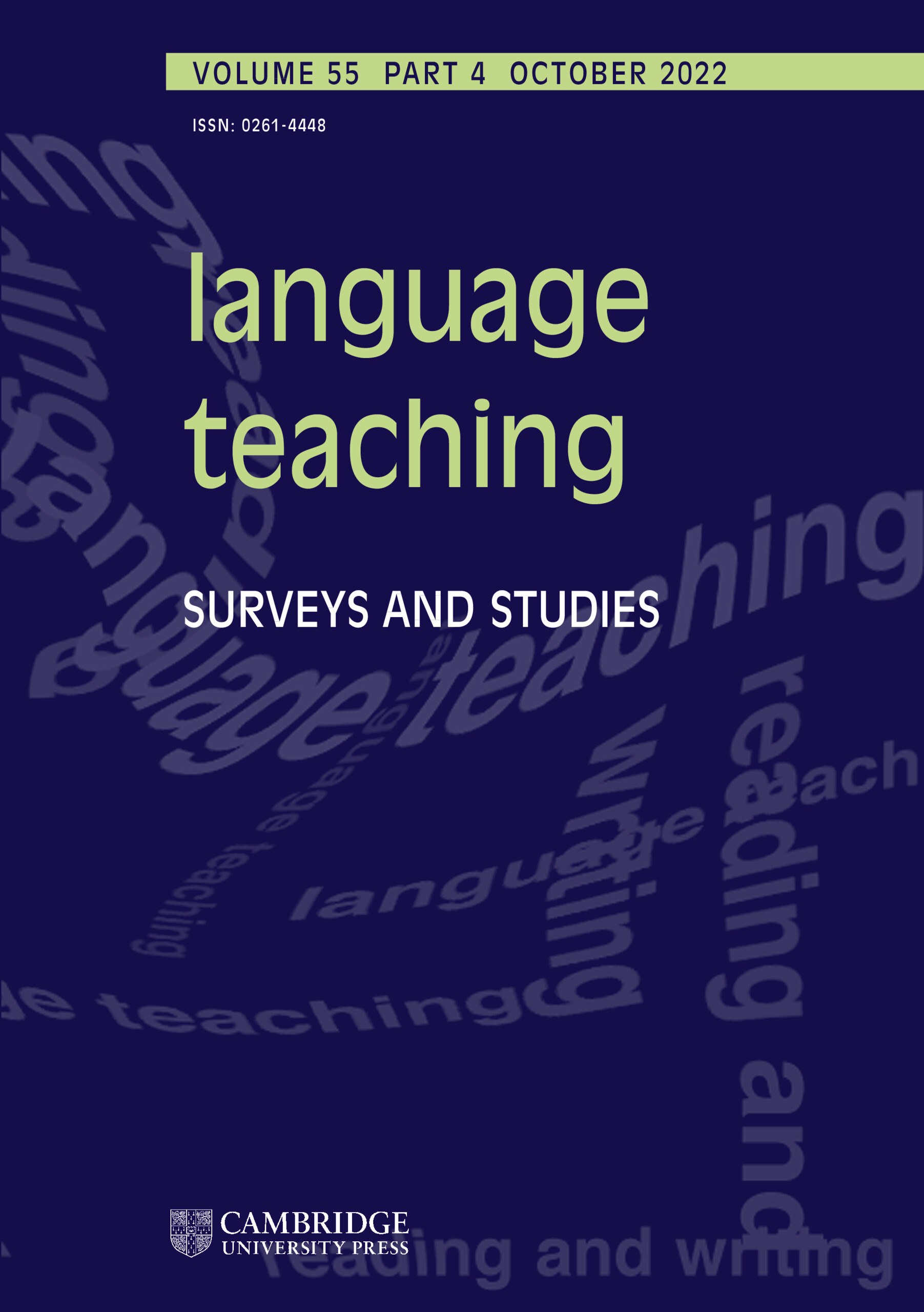
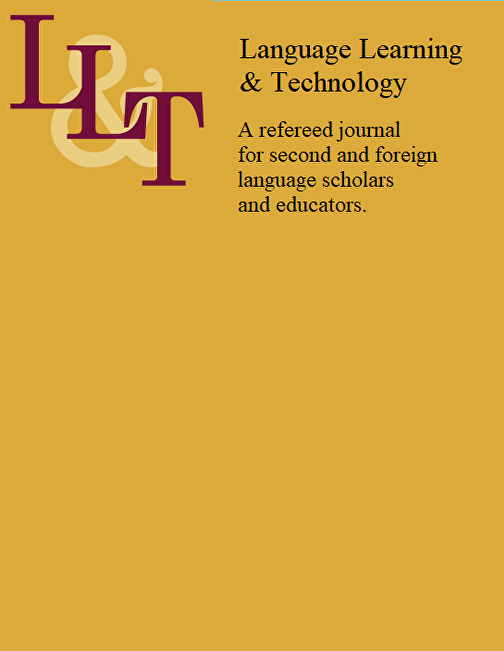
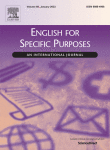
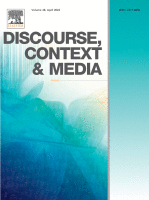
Books and Special Issues


Book Chapters